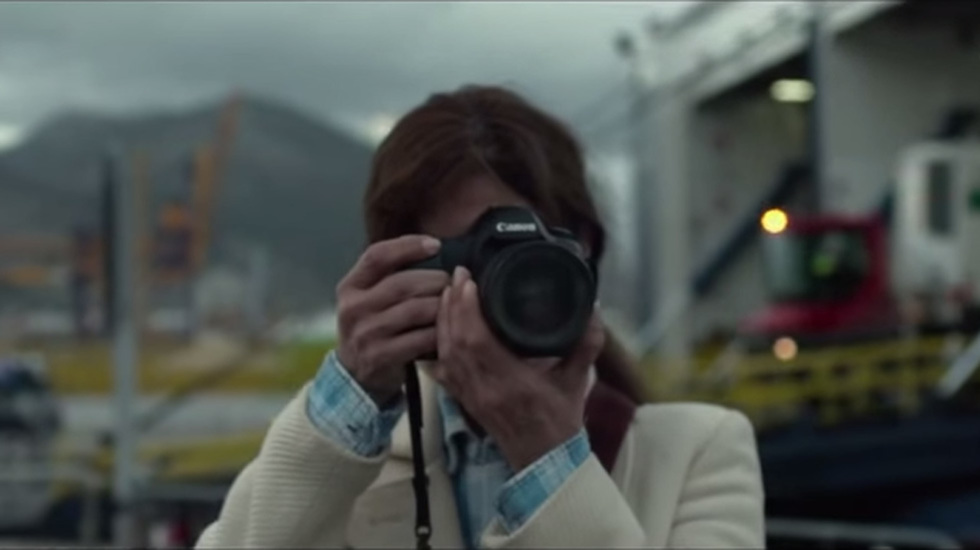
BY ZACHARY WIGON |
Under The Hood: 'War Story' And The Power Of Withholding Information
Mark Jackson's new feature provides a strong example of what a film can do when exposition is withheld.

It's no doubt enormously a matter of personal taste, but for yours truly, overly contrived or self-conscious exposition is an absolute death knell for a film's authenticity. I can't begin to describe how quickly I am sucked out of my suspension of disbelief when, early on in a film's first act, two characters begin in a long, drawn-out dialogue exchange that is obviously meant to do nothing other than inform the audience of who is whom, what is what and what the larger coordinates of the film's narrative are. People don't constantly recapitulate their desires and situations and statuses in real life; why should they do it in movies?
It's from this vantage point that I came to be a fan of Mark Jackson, a young filmmaker whose storytelling style eschews exposition to a significant degree. I was deeply enamored with Jackson's debut feature, Without, which concerned a young woman who takes a house-sitting gig in rural Washington state, and then slowly starts to go insane for reasons (initially) unknown. Without did the festival circuit in 2010, playing Slamdance and Locarno, among many other fests, and Jackson is back with War Story, which is currently in theaters.
The Sundance 2014 debut concerns a woman who (like the protagonist of Without) is coming apart at the seams in a relatively isolated situation, this time somewhere in Italy; it's only later in the film that we begin to grasp that the woman (played by Catherine Keener) is a photojournalist who was taken hostage in Libya, and now, in Italy, is dealing with severe PTSD.

Some viewers may find the degree to which Jackson withholds information enervating, but I found it invigorating. In a cinematic climate in which practically every film seems obliged to present viewers with every Who, What, When, Where and Why as quickly as possible, Jackson is content to let his images play out without explication for much of the film, forcing viewers to do a significant amount of work with respect to understanding the film's proceedings. Again, this may be alienating for some, but dedicated viewers, I believe, will find the experience deeply rewarding.
This is because storytelling - like anything else in life, like going on a date or putting together a presentation for a client - is more exciting when there is some effort involved on the behalf of all participants. No one wants to go on a date and immediately learn their companion's life story; working to tease out some of the details of your date's life makes the process more enjoyable, because one senses that work is being accomplished.

Understanding a film's narrative functions in much the same manner; there's something inherently stultifying about having a film provide a viewer with every little piece of information immediately. A film that withholds some information, forcing the viewer to work to understand what's happening in the narrative, forces its viewers to do engage and, in so doing, become more invested in the viewing experience. Just as no one in a class likes to be talked at, but rather, engages when a teacher allows for a true conversation and exchange of ideas, so, too, do filmgoers appreciate a film that allows for their participation, rather than precluding it.